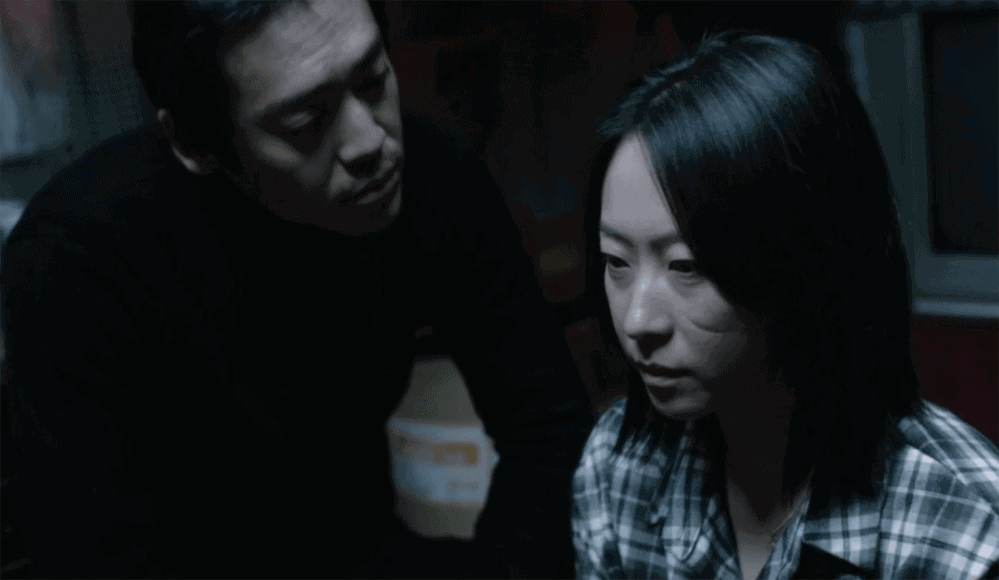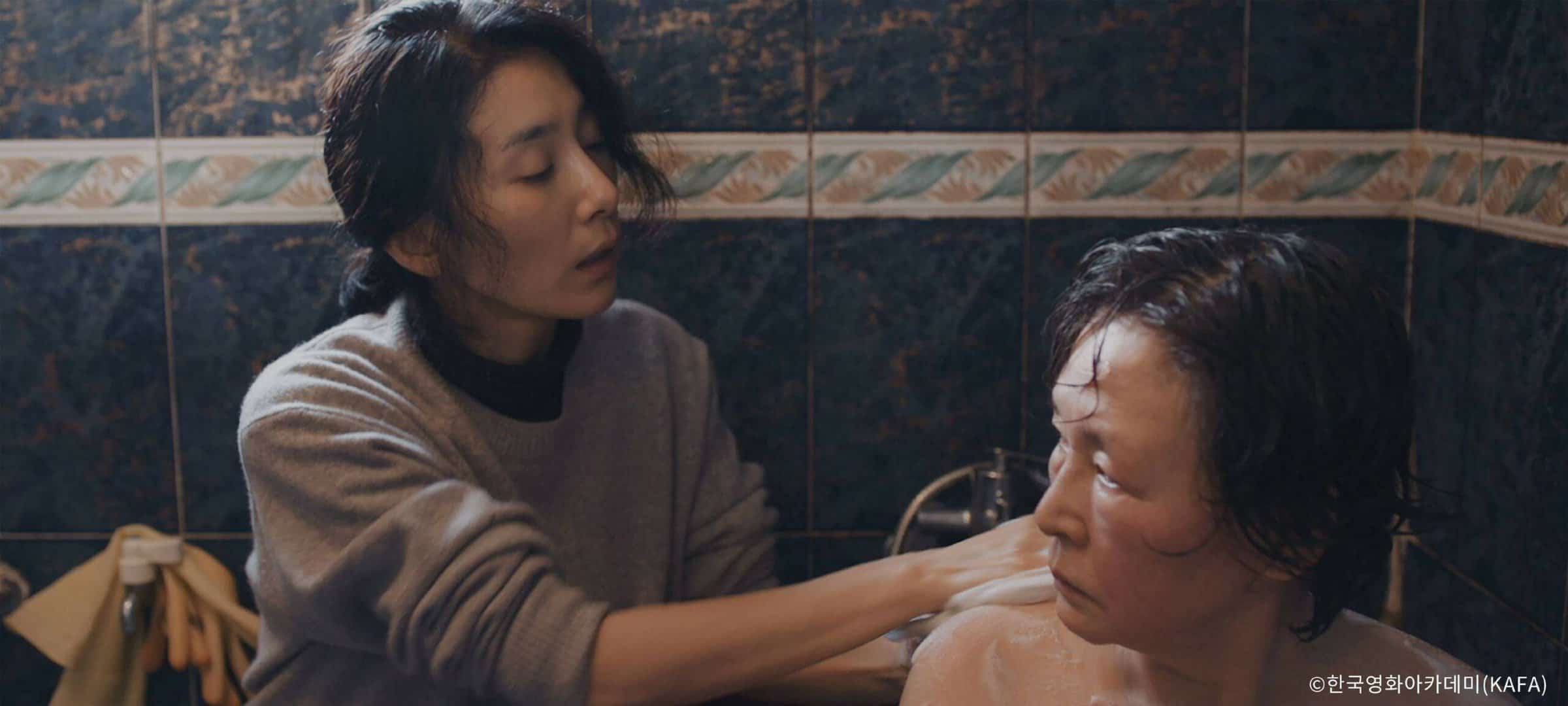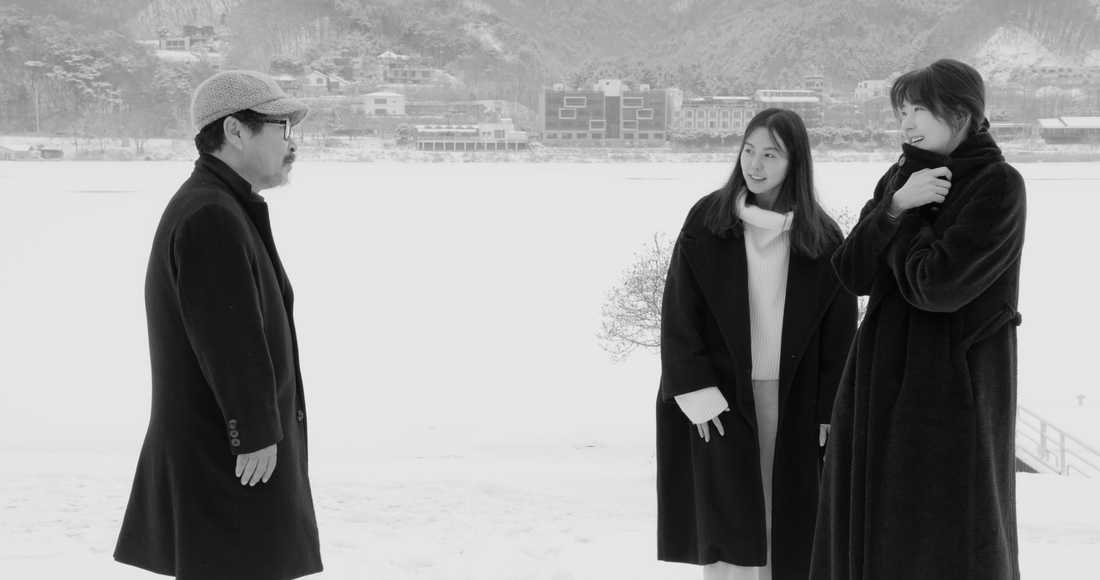By Casey Lee
Although director Jeon Go-woon founded her filmmakers' collective Gwanghwamoon in 2013, she had been involved as writer and producer for other members of the collective, before making her self-written debut feature in 2017. “Microhabitat” was a minor breakout for the upcoming female director, most notably for taking the Best New Director from major South Korean awards at the Grand Bell and Blue Dragon Awards in 2017, but heard very little outside the Korean circuit. Just as well, since “Microhabitat” is a Korean-centric comment on the state of its property market that distributors weren't sure if it would find any mainstream traction outside the few foreign festivals it played at. However, this debut feature has a lot more to offer to any country that has an increasingly inflated property market, and its impact on a generation of young and homeless who can or choose not to afford them.
This article is part of the Asian Cinema Education Film Criticism Course 2021

Miso is a thirty-something professional house cleaner, who earns her pay per cleaning session with her highly honed craft. That money is budgeted for essentials like rent, taxes and boxes of herbal medicine to keep her hair from greying, but mostly for her two biggest indulgences in life: cigarettes and whiskey. When the rent of her current room is increased, Miso discovers through some calculations that in order to maintain her habits, she would be better off forgoing the room and move onto the streets, perhaps even call in a favors from her friends during her band years, who could put up a place for her to bunk while she plans her next move.
From there, we follow Miso's journey through the landscape of living spaces in Seoul, as she reconnects with old friends, only to discover the sadness that comes with their own living space, and the constant struggle to economically keep up with her almost minimalist lifestyle. In between her moments of joy spending time with her boyfriend, Miso's stance of willingly being homeless to live, is prodded and eventually pushed to its edge, and the cost to her dreams, and even friendships.
While Jeon keeps a mostly light-hearted tone throughout, it is towed by a bleak undertone on what it means to own a living space in South Korea. Even with all the trappings that turn an empty apartment into a home, Jeon reveals through her characters that these are mostly just cold living spaces, when the joy to obtain or merely just maintaining them is sucked out in the process. Sacrifice and the emotional cost is a central theme being examined here, and she shows more of her writing chops that this is not just to be a reflection of its reality, but also has a developing arc to showcase how inescapable society's pressure and expectations are on being able to pay for a space to live in, if not to be alive.
The proceedings are also far from dry; the story has a managed pace and it knows when to drop in comedic relief to prove a point, and when to hit hard with the quieter moments of idyllic reflection. All this while still being able to come from the rooted and unspoken fundamental problems of Seoul's (and by extension the entire capitalistic nation) property market, the knock-on economic inflation and ineffective governance to control its volatility.
The success of this story is owes a lot to its characters, with only a few exceptions, played by a cast that feel very much like old friends who can secretly share their troubles with you when alone. Their pains are poured into the vessel of Miso for us to relate. Having worked together previously for others of Gwanghwamoon cinema, Esom plays a sympathetic character and stands strongly on her own, while also warming us with her soothing interactions as a good friend to her former bandmates.
From cinematography, costume, production design to music, everything works in unison and harmony with the tone that Jeon has set. Shots are clean and simple to allow us to concentrate on the quiet dialogue and to let the performances speak for themselves. Other times, the wider shots showcase a motivated production design that adds more meaningful layers to the messaging that Jeon tries to convey. “Microhabitat” never sounds harsh, despite its undertones, thanks largely to Kwon Hyun-jung's whimsical score of cheeky strings, and even the occasional playful xylophone and accordion, which regulates some optimism to an otherwise and often defeated atmosphere.
Regardless of how you would prefer to look at “Microhabitat” as social commentary or by its Korean title “A Little Princess” as a dramedy of Miso's journey through a homeless and listless life, Jeon manages to say deeper things by utilizing solid fundamentals of characters, performance, and subtle writing. This is easily a better debut feature that any new director could ask for, and bodes well for any attention the filmmaker would get for her future projects, and a new wave of female Korean directors as a whole.
















